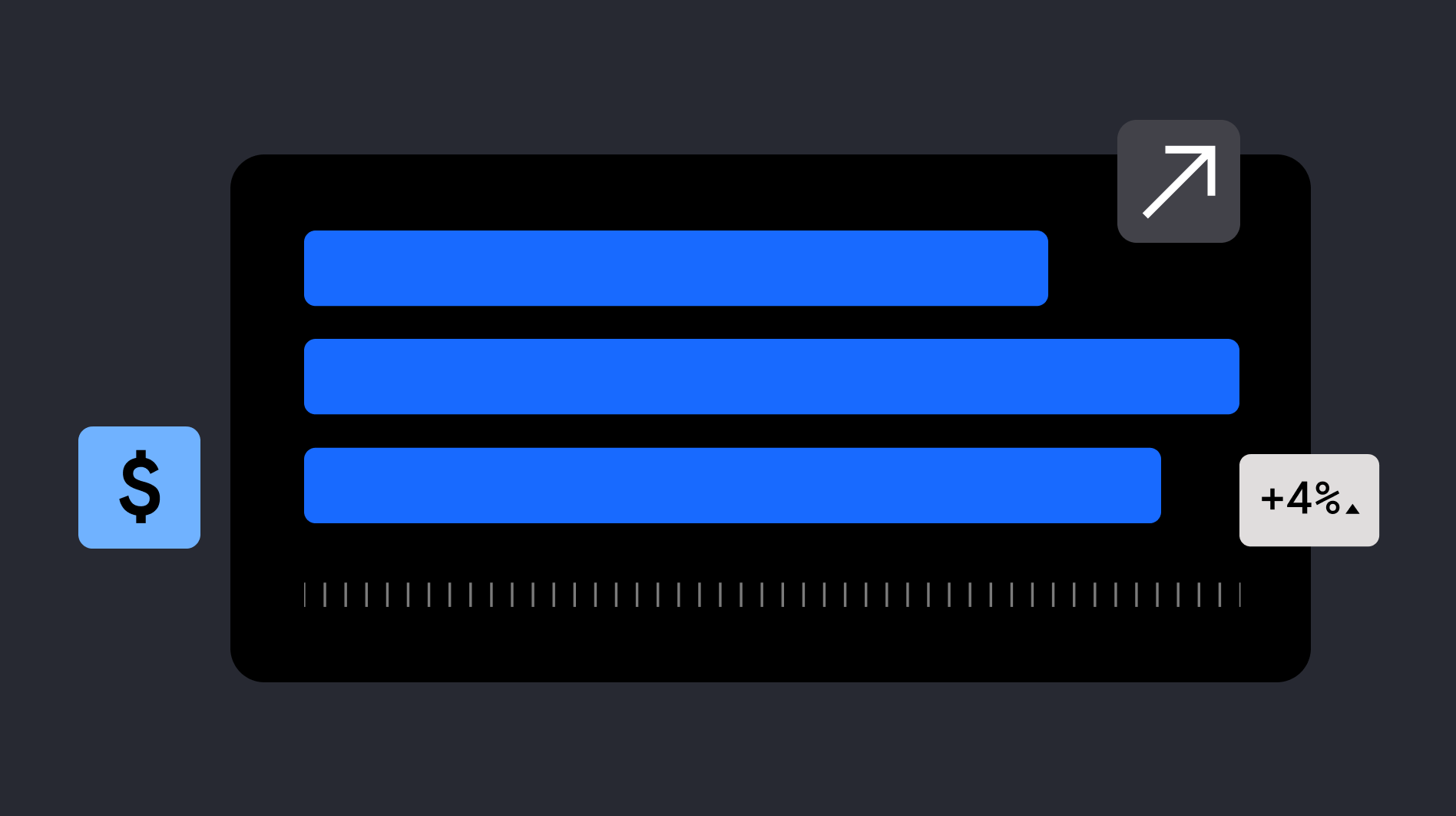Remittances are a vital source of support for millions of people relying on funds they receive from loved ones abroad. With money transfers made by migrant workers now representing the largest source of foreign income for many developing countries, these types of cross-border transfers are likely to keep increasing.
Recent research by Visa shows that an estimated 800 million people receive money from family or friends abroad, and in 2021, "global remittance inflows reached a new record of $733 billion, of which $605 billion went to low and middle-income countries."
.webp)
The ability to send money abroad is more important than ever; and remittance companies that want to tap into the lucrative world of cross-border money transfers will need to deliver them reliably and at a low cost.
So, what is the best way to grow a remittance business in 2023 and beyond?
Differentiation is key
Despite the growing need for remittances, many money transfer operators (MTOs) struggle to survive in the highly competitive market. It is a challenge for any MTO to navigate ever-changing consumer needs and mounting pressure to reduce fees.
This comes as emerging technologies continue to democratize fund flows. Faster and cheaper foreign money transfers can now be accessed by individuals and smaller businesses, whereas previously, they were only available to large banks, enterprises and governments.
More so, with low barriers to entry and switching costs, the power dynamics have tilted in favor of the consumer, which is why fees are on a downward trend. With fees falling to all-time lows, MTOs must look at new ways to differentiate themselves from competitors by offering new services that will increase customer loyalty, such as payroll services, virtual bank accounts, and prepaid debit cards.
.webp)
Succeeding in the new digital era
For money transfer operators, it’s now vital to have a digital-first infrastructure that ensures fast, versatile, cost-effective transactions to any region that depends on reliable remittances. More so, remittances must be optimized to extract maximum value for recipients.
To do so, MTOs must look to partner with a payments service provider (PSP) that can offer a sophisticated, end-to-end remittance solution. One that will enhance operational efficiencies, expand global reach and provide tailored payment experiences for consumers, to name a few.
Here’s what a superior remittance service looks like with Checkout.com:
- Flexibility and scalability: By their very nature, cross-border payments need to be both flexible and scalable. Flexible to meet the needs of different geographies and communities, as well as alternative payment types such as wallets, and scalable to accommodate new regions and payment corridors. With Checkout.com, money transfer operators can draw on a cloud-based, end-to-end payments platform that offers a modular approach to suit all needs.
- Easy integration: Complex and rigid systems are often not interoperable and are significant barriers to business growth. With a single API, Checkout.com can not only scale fast while removing technical costs and challenges, but it can also accept more payments and provide a unified payments solution.
- Comprehensive support: A PSP should provide advice and guidance to optimize every stage of the payments process and be available to help solve payment issues or problems. Checkout.com offers round-the-clock support from a global team of payment specialists.
- Cost efficiency and acceptance: Hidden costs will dent the value of payments, but costs such as FX fees can be avoided with the right payments strategy. Checkout.com always focuses on ways to cut costs and add value. That includes using data-enabled tools to reduce exceptions and increase acceptance for every payout.
- Global reach and local focus. Money transfer operators need to cross borders and territories with seamless connectivity and reliable delivery. Checkout.com’s global network ensures that they can reach more people and places with the right payments infrastructure, while local card acquiring will maintain a strong regional focus where required.
- Continuous innovation. To remain competitive, money transfer operators must stay abreast of the latest payment technologies and trends. Payment service providers like Checkout.com are at the forefront of technology innovations that can help remitters keep pace with digital transformation and customer demands.
- Business intelligence and transparency. Payments should be far more than just transactions. Every transaction contains a wealth of data that can be analyzed to provide a better service. A payment service provider must help money transfer operators understand their data and use it as a strategic resource to create actionable insights and better business opportunities.
- Security and compliance. New technologies and payment methods can present security risks and must comply with increasingly tough regulatory requirements. That’s why it’s important for money transfer operators to work with payment service providers who observe best practices for secure online payment processing.
Read more: What is international remittance
Building for the future
Digitalization and new technologies such as blockchain and artificial intelligence will continue to shape cross-border payments and the remittance industry. Money transfer operators must partner with established and proven payment service providers so they can respond to payment trends and global events.
Checkout.com supports leading remittance brands such as Wise and TransferGo, helping them gain an edge in a fast-changing industry. Serving as a gateway, processor, acquirer, issuer and fraud manager through a single API integration, Checkout.com can help any business grow across borders and improve customer experience and revenue.
.jpeg)



%20(1).jpg)

.jpeg)


%20v1.jpg)


.png)

.png)


